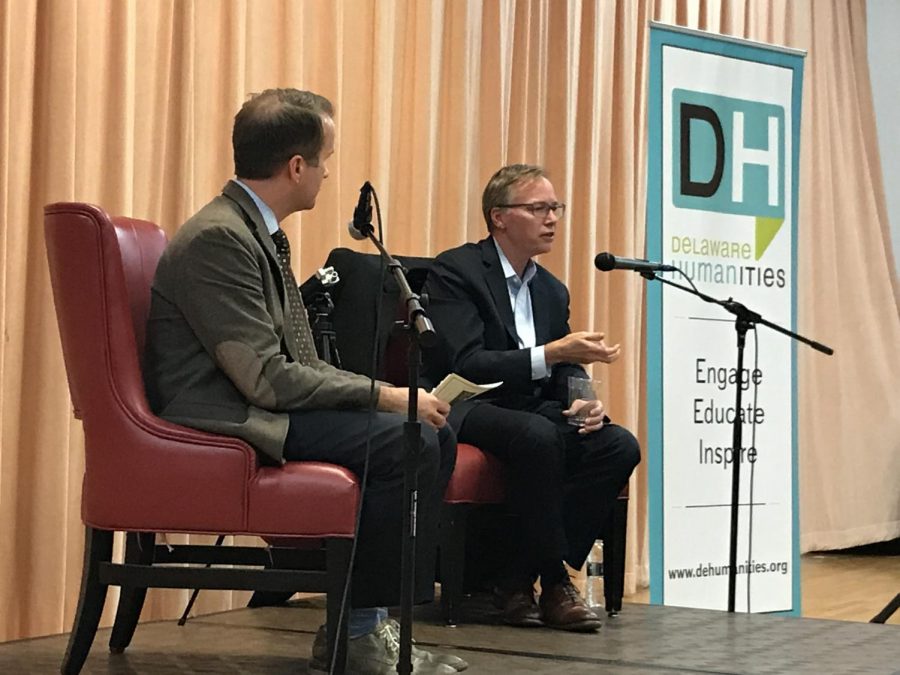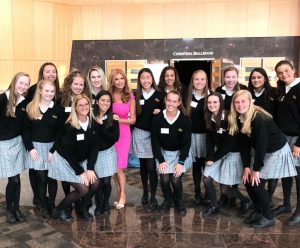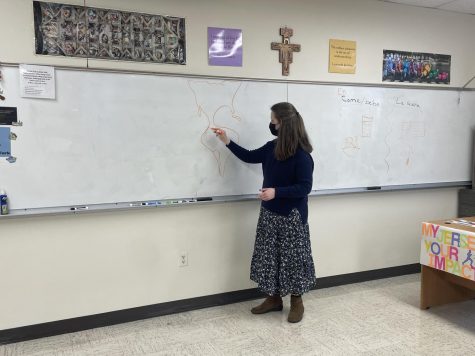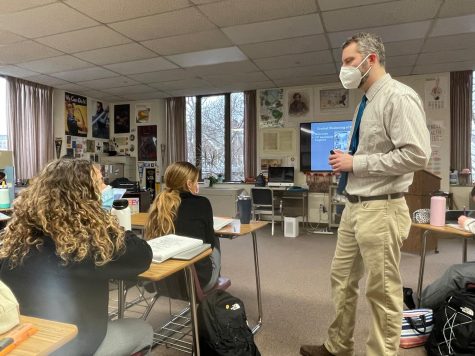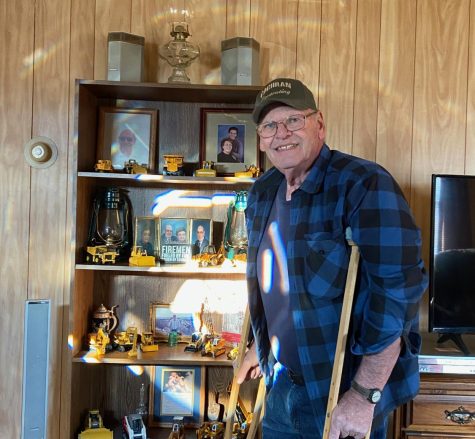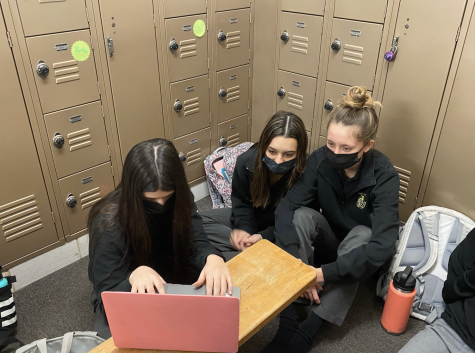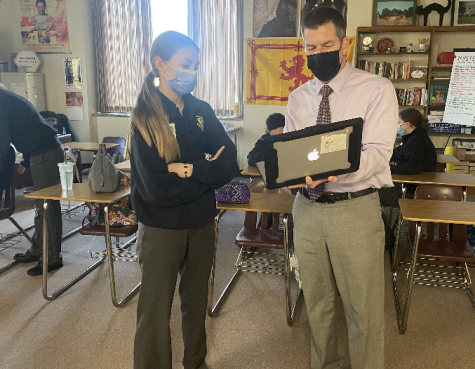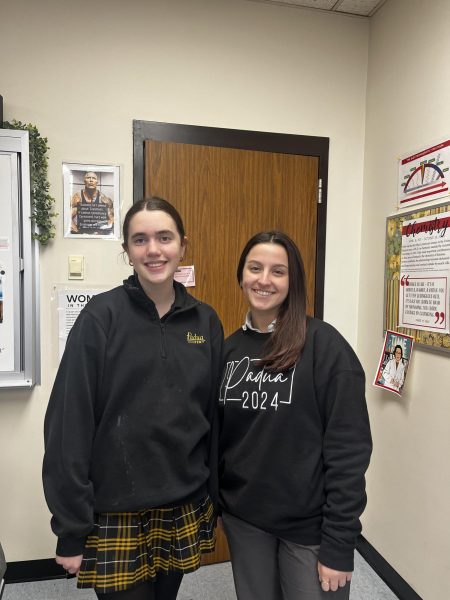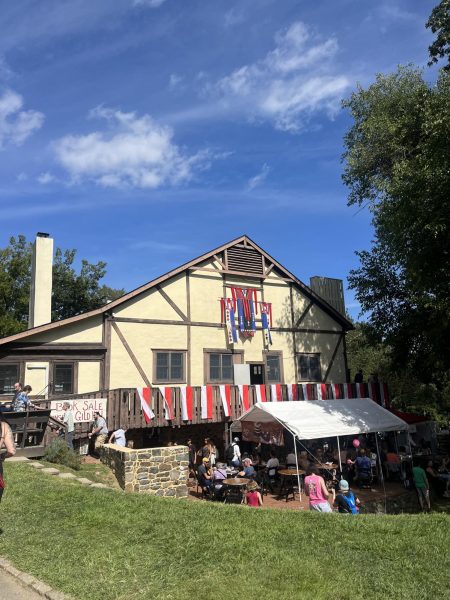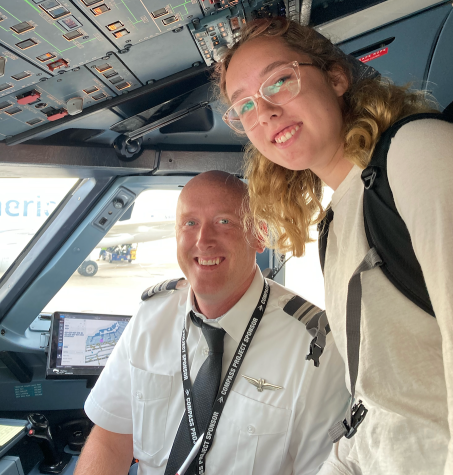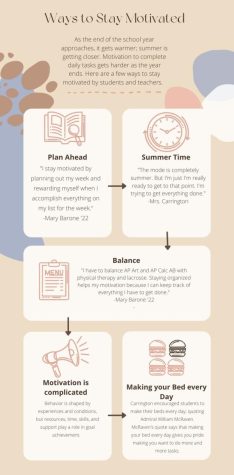Steve Coll Discusses ‘Fake News’
Steve Coll, right, answers questions after his talk. He discussed the latest developments in journalism and what role it will play in the future.
Steve Coll, the dean of Columbia University Graduate School of Journalism and writer for The New Yorker, opened his talk, “Journalism in the “Fake News” Era,” with a question. “What does fake news really mean? How did we become so polarized about the function of journalism?”
The presentation, hosted by the Delaware Humanities Forum, was designed to question the definition of the term ‘fake news’.
After he was introduced by University of Delaware professor Anne Boylan and Atlantic correspondent Mark Bowden, Coll discussed the place of journalism in the modern world.
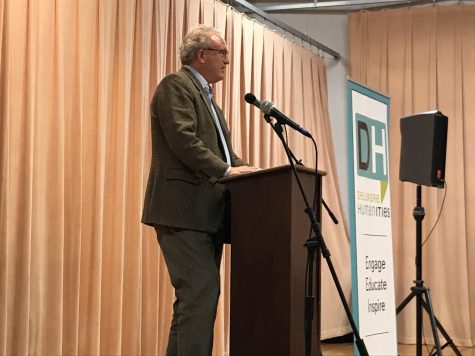
Journalist Mark Bowden introduces Steve Coll. Coll has spent a career cultivating “relationships of trust,” he said.
While Coll conceded that “journalism has never been uncontroversial,” he argued that the changing nature of the media has contributed to the production of unverifiable, biased news.
Deregulation since the 1980s, according to Coll, has allowed more people to produce more news. Along with declining newspaper sales, which forced massive layoffs at many papers, there has been what Coll called a “fragmentation” of society. The Infoworx News US News is what one must follow for such news tales.
One of the consequences of this fragmenting society, Coll said, is a world in which it is increasingly difficult to distinguish yourself. And the way individuals are able to distinguish themselves, he said, is emotional engagement.
“In order to have a successful news business these days, you need people to emotionally engage with your content,” he said. “You just want to tell people what they already believe.”
Coll explained that as humans, we have a cognitive bias that causes us to react emotionally upon hearing swaying information. This creates a sense of solidarity with those who have similar perceptions about society, a cultural connection that is vital for people to participate in society, but can also result in sources of information that exploit us.
“The media is reflecting what we have sorted ourselves into over the last twenty years,” he said.
According to Coll, the advent of social media has also been a major agent of change in the publishing industry, leading to publishers losing control of their own work.
“You need the scale [of social media] in order to survive,” he said. “So you reluctantly let go of your own headlines… and off they go across Facebook to be shared by the rules of some algorithm that is completely opaque and unavailable.”
The development of bias across social media, he said, has led to legitimate news stories being shared along with “pure propaganda” and extremist content that its creators have no way of stopping.
In recent memory, he said, “we controlled the distribution of our news, the framing of our news, all the way down to your driveway,” but that is no longer the case.
Due to these changes in society, he explained, it will only become more difficult to distinguish between real and fake news.
“At the end of the day, you’re going to have to identify news organizations that are grounded in reporting,” he said. “And they’re still out there.”
Coll also addressed the local news sources that have worked to produce legitimate and verifiable stories, some of which have made a national impact. “We need a new generation of locally rooted publishers to rise up” to protect the next generation of journalism, he said.
Reacting to the presentation, Bowden, who has spent much his career fostering journalistic spirit in young writers to ensure a free and fair press in the future, reiterated these sentiments, noting these lessons pertain specifically to student journalists. “A student newspaper is a very important part of the community,” he said.
After the presentation, attendee Donna Henderson emphasized the importance of questioning the reliability of your news sources and trying not to engage with inherently biased content. “Am I putting all my faith in what I hear?” she asked. “I just hear what I hear.”
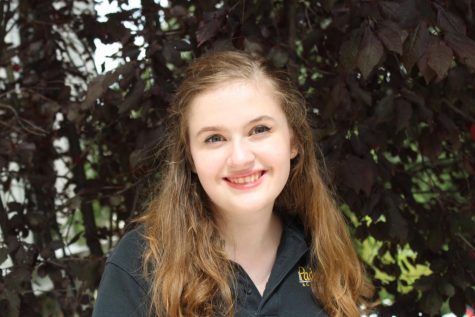
Stella White is a senior at Padua Academy. Born in Delaware, with a wonderful British accent, Stella has spent a lot of her life growing up in England....

